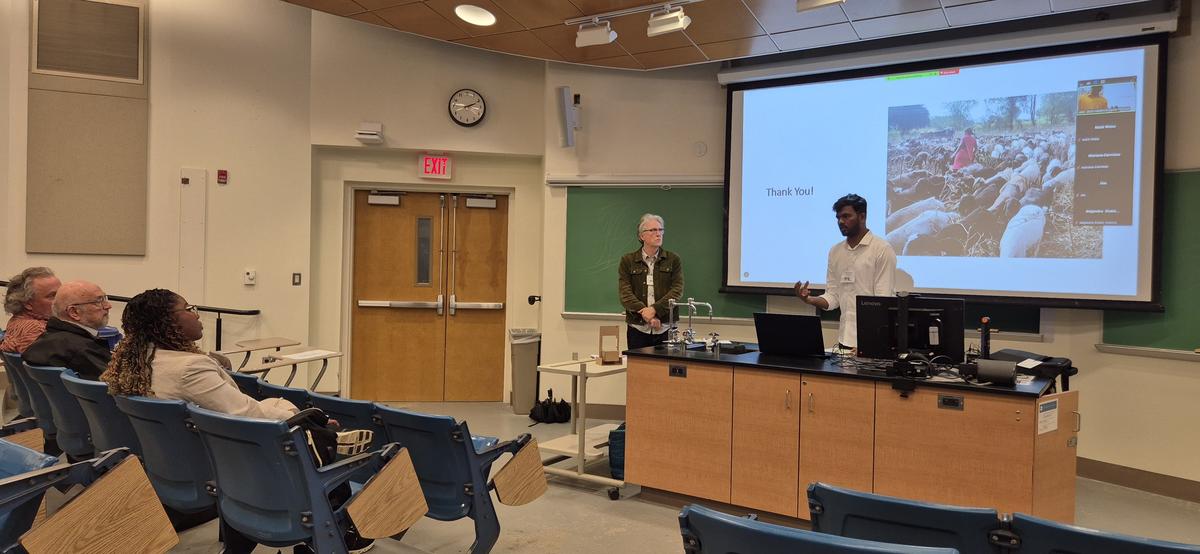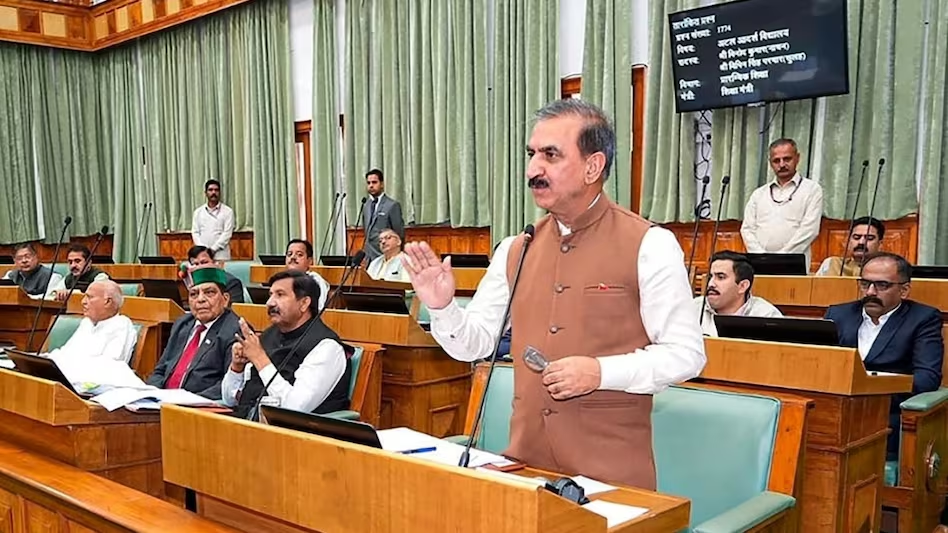- Courses
- GS Full Course 1 Year
- GS Full Course 2 Year
- GS Full Course 3 Year
- GS Full Course Till Selection
- Answer Alpha: Mains 2025 Mentorship
- MEP (Mains Enrichment Programme) Data, Facts
- Essay Target – 150+ Marks
- Online Program
- GS Recorded Course
- Polity
- Geography
- Economy
- Ancient, Medieval and Art & Culture AMAC
- Modern India, Post Independence & World History
- Environment
- Governance
- Science & Technology
- International Relations and Internal Security
- Disaster Management
- Ethics
- NCERT Current Affairs
- Indian Society and Social Issue
- NCERT- Science and Technology
- NCERT - Geography
- NCERT - Ancient History
- NCERT- World History
- NCERT Modern History
- CSAT
- 5 LAYERED ARJUNA Mentorship
- Public Administration Optional
- ABOUT US
- OUR TOPPERS
- TEST SERIES
- FREE STUDY MATERIAL
- VIDEOS
- CONTACT US
Colonial-era land reforms erased Maharashtra’s traditional grazing routes
Colonial-era land reforms erased Maharashtra’s traditional grazing routes

Why in the News?
- Dr. Rushikesh Gawade, a researcher at IIT Bombay, presented findings at an international conference in the U.S. (June 2025).
- His research shows how colonial land reforms disrupted grazing corridors in Maharashtra, affecting pastoral livelihoods.
Key Highlights
- Traditional Grazing System:
- Maharashtra had shared grazing corridors used by nomadic and semi-nomadic pastoralists (e.g., Dhangars).
- Demarcation of these corridors was natural and community-based, using physical features like rivers, hillocks, forest lines, and footpaths known to herders—not bureaucratically mapped
- These routes were unrecorded but commonly known and accepted across communities.
- Colonial Land Reforms:
- The British implemented the Survey and Settlement Act (1865), dividing village lands and recording only legally owned plots.
- Natural boundaries like hills, rivers, and grazing corridors were ignored or erased from official maps.
- Impact:
- Pastures became fragmented and were often reclassified as private or State-owned lands, making access illegal.
- The customary rights of herders were not recognized in the new legal framework.
- Example from History:
- In 1823, Mountstuart Elphinstone (Governor of Bombay Presidency) called pastoral movement “inconvenient” and suggested fixed routes for sheep herding.
- It marked the beginning of control and exclusion.
Challenges and Way Forward
|
Challenges |
Way Forward |
|
Colonial laws still shape present land records |
Update land records to include customary and traditional usage rights |
|
No legal recognition of commons and pastoral routes |
Recognize pastoral commons in legal and planning frameworks |
|
Loss of livelihood and mobility for nomadic communities |
Restore traditional access or create new mobility-friendly grazing zones |
|
Fragmentation due to privatization or state control of lands |
Promote inclusive land reforms accounting for ecological and pastoral needs |
Conclusion
The colonial land reform process overlooked indigenous systems and commons. Recognizing and restoring grazing rights is essential not just for justice to pastoralists, but also for preserving traditional ecological knowledge and sustainable land use.




